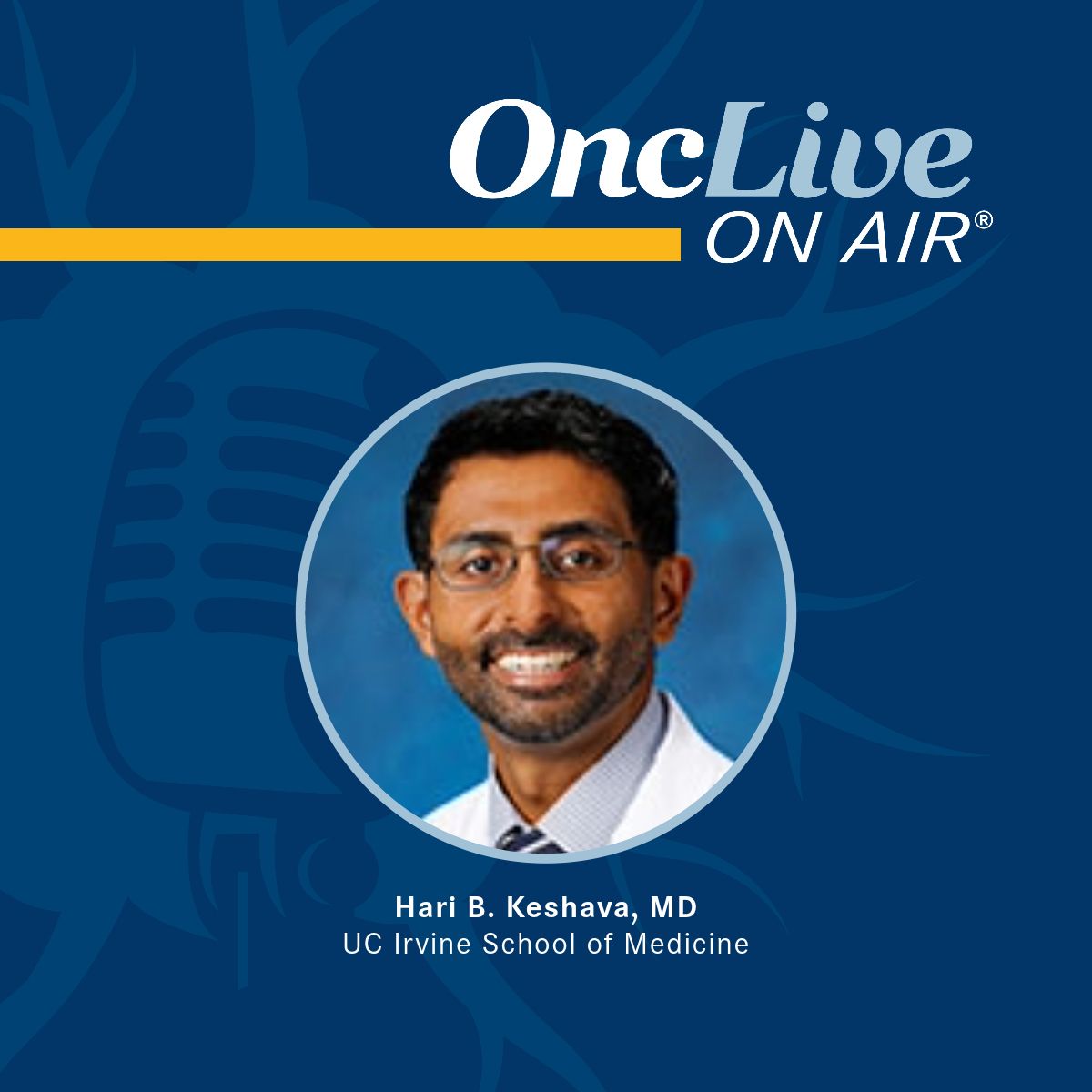Video
Dr. Iyengar on the Rationale Behind Hypofractionated Radiation in NSCLC
Author(s):
Puneeth Iyengar, MD, radiation oncologist, University of Texas Southwestern Medical Center, discusses the rationale behind the use of hypofractionated radiation as a treatment for patients with non–small cell lung cancer.
Puneeth Iyengar, MD, radiation oncologist, University of Texas Southwestern Medical Center, discusses the rationale behind the use of hypofractionated radiation as a treatment for patients with non—small cell lung cancer (NSCLC).
The standard treatment for patients with stage III NSCLC includes both chemotherapy and radiation. However, a subset of patients cannot receive chemotherapy plus radiation because of medical comorbidities, explains Iyengar.
Thus, hypofractionated radiation accommodates that subset of patients by both increasing the potency of radiation as well as reducing the duration of treatment.









